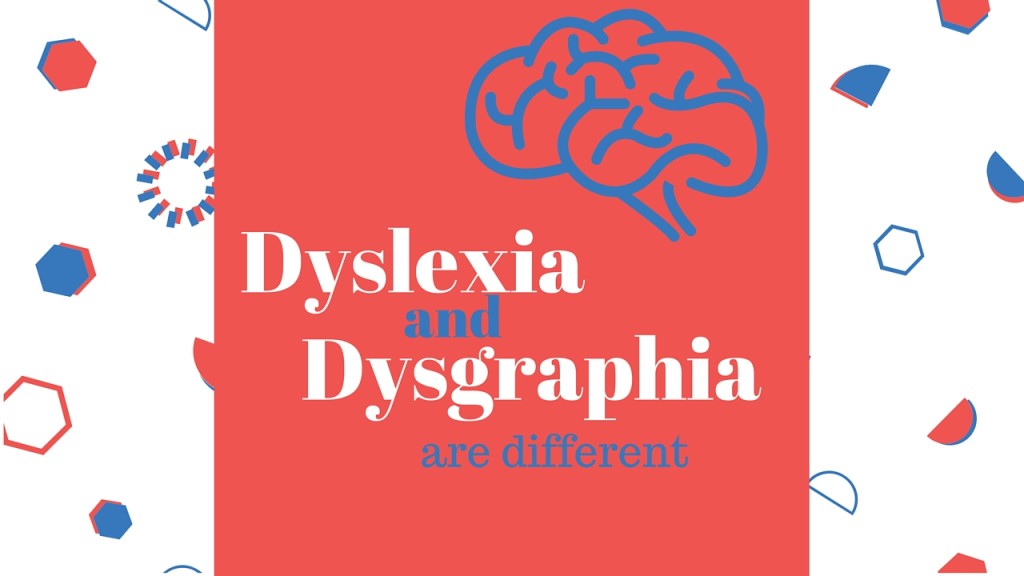Dyslexia and Dysgraphia are Different
Written by Taylor Quinn
Published on February 24, 2016
 Public schools in the United States are treating students with dyslexia and dysgraphia the same, when they aren’t and shouldn’t be. New research out of the University of Washington proves this. The Federal Special Education Law labels both under one category, but they are significantly different and need varied forms of instruction.
Public schools in the United States are treating students with dyslexia and dysgraphia the same, when they aren’t and shouldn’t be. New research out of the University of Washington proves this. The Federal Special Education Law labels both under one category, but they are significantly different and need varied forms of instruction.
The research headed by Todd Richards, a UW radiologist, consisted of scanning the brains of 40 children in grades 4-9 who were diagnosed with dyslexia, dysgraphia or were not diagnosed with any learning disability. They observed the children’s brain activity while completing tasks such as filling in a missing letter in a word or planning a composition about space travel they would write later.
They found that the three categories of children differed in how efficient messages traveled between nerve cells in their brains. The children who are developing at a normal rate used fewer highways, meaning their processing is more efficient.
The children with dyslexia and dysgraphia show the opposite, they have more detours and highways, meaning their brains have to work harder. Though their patterns were similar, the dyslexic and dysgraphic children’s patterns look distinctly different from each other.
The researchers concluded that the two are neurologically distinct disabilities and according to Virginia Berninger, an educational psychologist, it is vital that kids receive a proper diagnosis and specialized instruction tailored to them.
 Lexercise begins therapy with a Language Processing Assessment to reveal the root cause of a child’s difficulties, their strengths and weaknesses and allows our therapist to completely customize a child’s treatment. Lexercise therapists are trained to treat specific disorders, including both dyslexia and dysgraphia and separate methods for these separate disorders:
Lexercise begins therapy with a Language Processing Assessment to reveal the root cause of a child’s difficulties, their strengths and weaknesses and allows our therapist to completely customize a child’s treatment. Lexercise therapists are trained to treat specific disorders, including both dyslexia and dysgraphia and separate methods for these separate disorders:
- For dyslexia -Lexercise Structured Literacy Curriculum©
- For dysgraphia – Lexercise Chancery Script Curriculum©
If you think your child may have a learning disability screen them for free here >>>
Improve Your Child’s Reading
Learn more about Lexercise today.
Schedule a FREE
15-minute consultation

